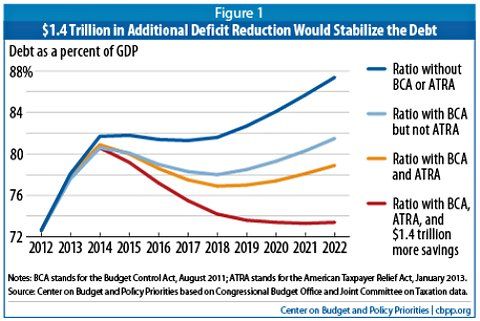Cross posted from The Stars Hollow Gazette
In his speech to Republican Party official in Charlotte, NC, Gov. Bobby Jindal said that
“the GOP must stop being the party of stupid.” The problem there is that actions, including Gov. Jindal’s, just reinforce how stupid the GOP is, especially when it comes to the economy.
Bad news for Jindal: Florida, Texas rely heavily on property and biz taxes
by Tyler Bridges, The Lens
As he seeks to eliminate the state’s income tax, Gov. Bobby Jindal has cast a covetous eye both west and east. The tax systems in Florida and Texas should serve as a model for Louisiana’s, the governor believes.
Neither state has an income tax, he notes, and both have reputations as hospitable to business investment.
But to make Louisiana look more like Florida and Texas, Jindal’s plan would have to include two significant elements that he dislikes: taxes on business and higher property taxes. [..]
“Most states have a three-legged stool for raising revenue,” said Jim Richardson, a Louisiana State University economist who co-chaired PAR’s tax study. “Texas and Florida have two legs – sales and property – since they don’t have an income tax.” Under the Jindal plan, “Louisiana would have a one-and-a-half-legged stool – sales taxes and some local property taxes.” [..]
In an interview with MSNBC’s Rachel Maddow, Nobel Prize winning economist, Paul Krugman said it would raise the taxes on every tax dollar the poor make going against “the Republican argument that high marginal tax rates discourage work“.
“In our system, the highest marginal tax rates — the biggest disincentives to work in our system — are not for the rich. They are for lower-income workers who are in that range where if you earn a little bit more you start to lose benefits, you start to lose Medicaid, you lose housing subsidies,” the Nobel Prize-winning economist said. “This is going to raise taxes precisely on the people who actually have the biggest disincentives to work. So it’s actually, even from that old supply-side incentive thing, this is going in the wrong direction.”
In his Monday New York Times column, Prof. Krugman called the Republicans “Makers, Takers, Fakers”
Like the new acknowledgment that the perception of being the party of the rich is a problem, this represents a departure for the G.O.P. – but in the opposite direction. In the past, Republicans would justify tax cuts for the rich either by claiming that they would pay for themselves or by claiming that they could make up for lost revenue by cutting wasteful spending. But what we’re seeing now is open, explicit reverse Robin Hoodism: taking from ordinary families and giving to the rich. That is, even as Republicans look for a way to sound more sympathetic and less extreme, their actual policies are taking another sharp right turn.
Despite the lessons of the 2012 election, the Republicans, in states that are not checked by Democrats, are pushing tax policies that punish the poor and the middle class and benefit the wealthy.

